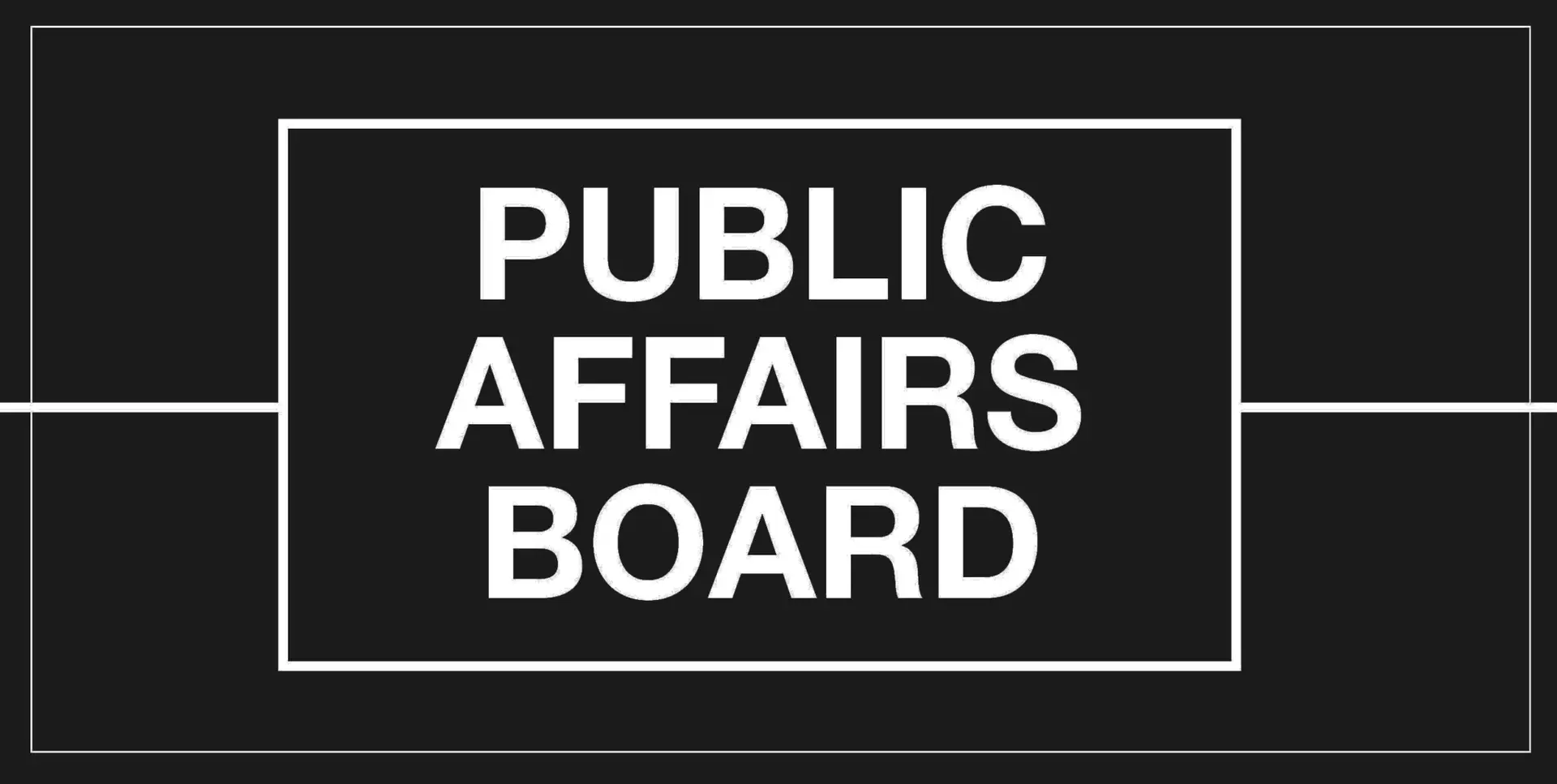Lords Liaison Committee Chairman Lord McFall has this week invited members of the House of Lords to put forward their proposals for ad hoc committees in 2018-19.
Ad hoc committees are appointed to undertake a particular inquiry and cease to exist once they have reported to the House. They have the same powers and format as Select Committees. Topics are selected based on the knowledge and experience of Members of the House, whether they complement the work of Commons departmental select committees and whether they cut across various Departments’ remits. On the latter, traditional Select Committees struggle to address issues that fall between departments.
Last year, ad hoc committees were formed on charities, financial exclusion, the long-term sustainability of the NHS, and the Licensing Act 2003. The Liaison Committee expects to recommend up to four proposals for new ad hoc committees for appointment in 2018-19, one of which will be a post-legislative scrutiny committee.
Ad hoc committees are important to companies and organisations for three reasons. Firstly, given the broad criteria for selecting the topics, sectors can find themselves facing a year of parliamentary scrutiny seemingly from nowhere. In the case of the ad hoc committee on charities last year, whilst the sector had previously faced increased scrutiny due to several high profile cases, preparing the information the Committee sought, presenting it in the way the Committee desired, and continuously engaging whilst the Committee drafted its report represented a significant time commitment.
Furthermore, organisations may find that ad hoc committees can place a topic on the parliamentary agenda which wouldn’t traditionally ‘fit’ within other parliamentary mechanism’s remits. Select committees must examine topics which are the responsibility of the departments they mirror; if it is not clear which department owns a policy area, or if a select committee feels that the topic’s ownership is fragmented and complex, they may not commit to an inquiry. Ad hoc committees are not constrained in this way.
Finally, as with select committee reports, the Government must provide a substantial response. Last year’s Ad hoc committee on Financial Exclusion published a final report including 22 recommendations, all of which were subsequently responded to by the Government. The ad hoc committee on the Long Term Sustainability of the NHS made 34 recommendations, and the Committee on Charities made 42. ad hoc committees clearly present an opportunity to press the Government for a position on future legislative or regulatory changes.







